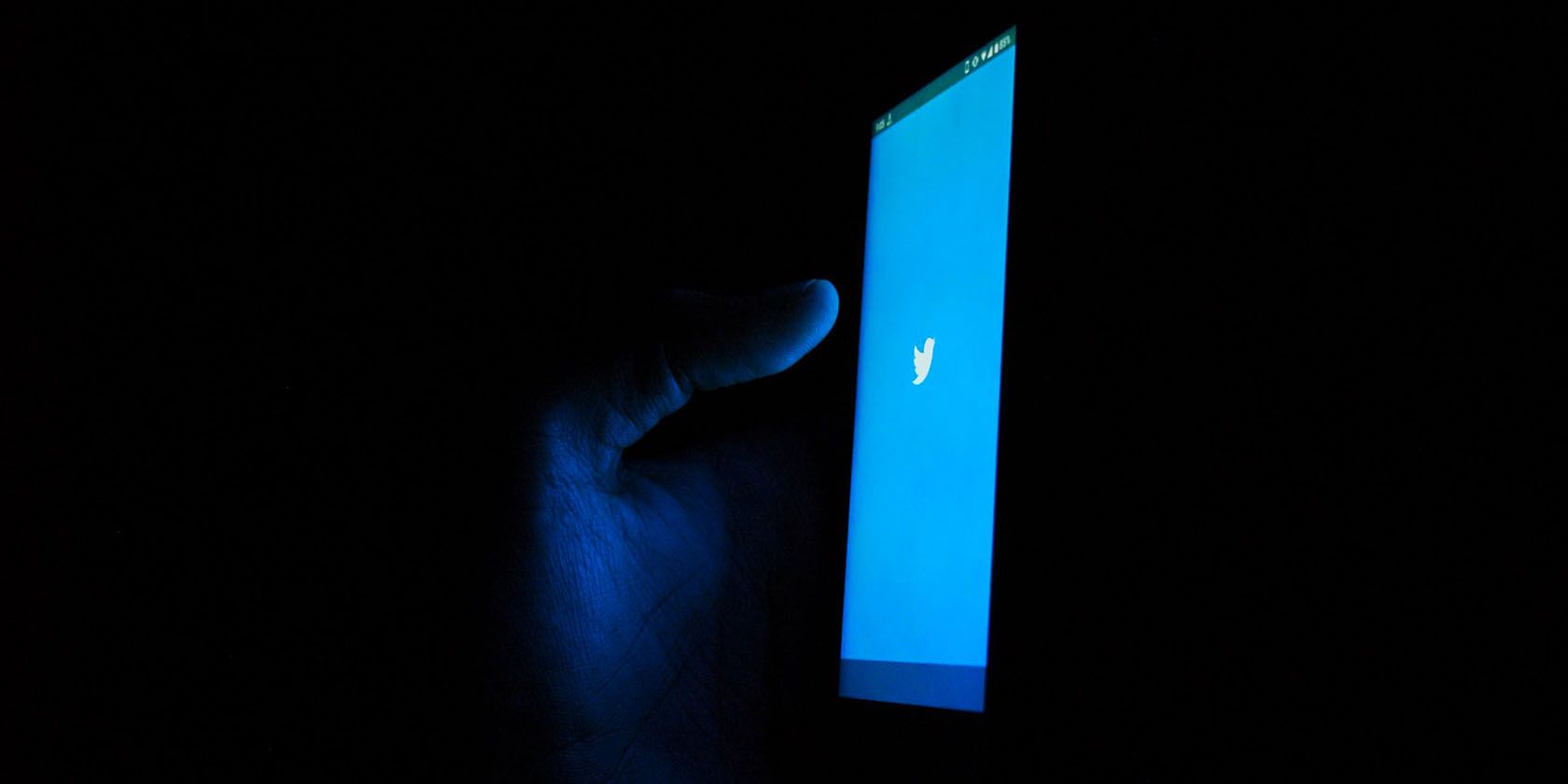When tech billionaire Elon Musk announced that he had become Twitter's largest shareholder, few predicted the rollercoaster of developments that would follow.From an invitation to join the Twitter board that was accepted and then declined, to an announcement of an acquisition deal that was eventually put on hold, Musk tweeted throughout the journey.Now facing a lawsuit for his termination of the deal, these tweets are coming back to bite him. Here's how...
Twitter Lawsuit Alleges Musk Acted in Bad Faith
Following the announcement regarding why Musk no longer wants to buy Twitter, the social media company launched a lawsuit against the billionaire.
The company seeks to close the deal at the agreed-upon price, despite the criticism around Musk's purchase of Twitter.
In Twitter's complaint, the company accused Musk of bad faith and contractual breaches.
In the complaint, Twitter states:
Having mounted a public spectacle to put Twitter in play, and having proposed and then signed a seller-friendly merger agreement, Musk apparently believes that he — unlike every other party subject to Delaware contract law — is free to change his mind, trash the company, disrupt its operations, destroy stockholder value, and walk away. This repudiation follows a long list of material contractual breaches by Musk that have cast a pall over Twitter and its business.
It goes on to say that while the offer to buy Twitter was unsolicited, the company accepted the offer to prevent a hostile takeover. But after the signing of the merger agreement, the market fell. The lawsuit notes how the downturn affected Musk's personal wealth as Tesla shares dropped.
As a result of this market downturn, Twitter says Musk wants "out" from the agreement.
How Twitter Is Using Musk's Tweets Against Him
So where do Musk's tweets come in?
The lawsuit is using Musk's own posts as evidence of bad faith in terminating the merger agreement.
The lawsuit states:
Since signing the merger agreement, Musk has repeatedly disparaged Twitter and the deal, creating business risk for Twitter and downward pressure on its share price. Musk’s exit strategy is a model of hypocrisy.
It goes on to cite a number of Musk's tweets. Some of these are being used as a demonstration that Musk was aware of bots on the platform. They also aim to show that rather than being daunted by them, he said how he would defeat bots and spammers once he bought the company.
In the factual allegations segment of the filing, Twitter includes a number of Musk's tweets about the deal, some of which are the basis for the company's allegations that he broke the disparagement agreement and disclosed confidential information.
The merger agreement includes many provisions to prevent Musk from backing out. As a result of this, Twitter alleges that Musk tried to "conjure" a legitimate reason to terminate the deal.
It adds:
Musk was well aware when he signed the merger agreement that spam accounted for some portion of Twitter’s mDAU, and well aware of Twitter’s qualified disclosures. Spam was one of the main reasons Musk cited, publicly and privately, for wanting to buy the company.
But as Tesla's share price dropped, Twitter says Musk's advisors began to demand detailed information about bot numbers. It adds that before it could hold a diligence meeting to discuss data that it had submitted to Musk, the businessman had already announced that the deal was on hold without warning the company.
The filing also lists other tweets by Musk. It says Musk misrepresented Twitter's sample size for spam estimates and bragged about violating his non-disclosure obligations.
According to Twitter, these posts violated the terms against disparagement, posting public comments without the consent of Twitter, and misusing the information provided for fulfilling the merger.
It also lists Musk's tweet responding to Twitter CEO Parag Agrawal's explanation of bot calculations as further disparagement.
Other alleged disparagement includes multiple calls for the SEC to investigate Twitter.
These tweets, in addition to a few others, are being used in conjunction with other arguments that Musk violated the terms of the merger agreement. Unrelated to his termination of the deal, Musk is also being sued by Twitter shareholders.
Will Twitter's Lawsuit Succeed?
Ultimately, which party violated the terms of the agreement will be up for the courts to decide. However, the merger agreement's provisions work in favor of closing the deal.
Twitter's fate will be up to the final ruling on the lawsuit—unless Musk and the social media company compromise on an alternative settlement.

